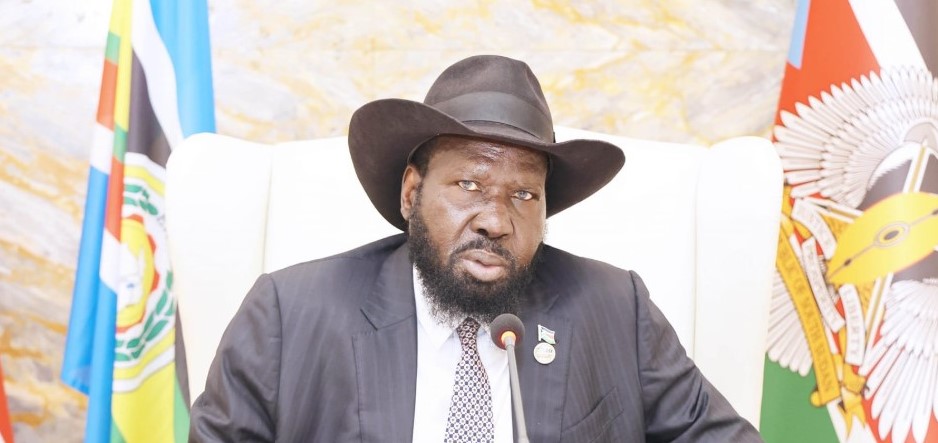The African Union’s Peace and Security Council (PSC) has raised alarm over the slow pace of South Sudan’s peace implementation and warned of renewed violence risks, while urging the country’s leaders to meet the February 2027 deadline set under the 24-month extension of the transitional period agreed in February 2025.
In a communiqué adopted at its 1308th meeting on Oct. 28, the 15-member council expressed “grave concern” over delays in carrying out the 2018 Revitalized Agreement on the Resolution of the Conflict in South Sudan (R-ARCSS), which ended a brutal civil war that killed hundreds of thousands and displaced millions.
The AU body said the peace deal remained “the only viable path” toward a durable political settlement in the world’s youngest nation, which has faced instability and sporadic fighting since independence in 2011.
The call comes amid political and security tensions in South Sudan that have delayed the implementation of key provisions of the 2018 peace agreement. First Vice President Riek Machar, a principal signatory to the deal, has been suspended and is facing treason charges in a special court in Juba.
Extended transition
The council called on South Sudan’s leaders to honour the extended transition period, which runs until February 2027, and to ensure credible elections are held by December 2026 — a key milestone of the peace process.
“The current political and security situation demonstrates a tendency to relapse into violence,” the communiqué said, calling for an “immediate and unconditional cessation of hostilities” among the South Sudan People’s Defence Forces (SSPDF), the Sudan People’s Liberation Movement/Army-in-Opposition (SPLM/A-IO), and allied militias.
Security reforms
The council urged the transitional government to expedite the graduation and deployment of the Necessary Unified Forces — a key provision meant to merge rival troops into a national army — and to accelerate Disarmament, Demobilization, and Reintegration (DDR) and broader security sector reforms.
It also encouraged the government, with support from the AU, United Nations, and regional bloc IGAD, to strengthen key institutions such as the National Elections Commission, the National Constitutional Review Commission, and the Political Parties Council to pave the way for polls.
Transitional justice
On transitional justice, the PSC welcomed recent progress but pressed for the operationalization of the Commission for Truth, Reconciliation and Healing (CTRH), the Compensation and Reparation Authority (CRA), and the long-delayed Hybrid Court for South Sudan to ensure accountability.
The AU Commission was asked to provide technical support for the establishment of the court to “fight impunity” and consolidate reconciliation efforts.
Acknowledging a “dire humanitarian situation,” the council appealed for increased aid and called for the swift creation of a Special Reconstruction Fund to rebuild war-torn areas. It also urged the government to adopt fiscal policies to stabilize the economy and address the depreciation of the South Sudanese pound.
Civil society welcomes AU stance
South Sudanese civil society leader Edmund Yakani welcomed the communiqué, describing it as a reflection of the people’s expectations.
“I appreciate and welcome the outcome of the AU Peace and Security Council meeting,” said Yakani, Executive Director of the Community Empowerment for Progress Organization (CEPO). “The communiqué speaks to our wishes and expectations, and we thank the AU for its continued solidarity with the people of South Sudan.”
Yakani urged President Salva Kiir and other political leaders to act on the AU’s decisions and accelerate the implementation of the 2018 peace accord.
“The AU has spoken and stood with the people of South Sudan,” he said. “Now it is the responsibility of our leaders to translate these calls into reality.”
He also appealed to the AU Commission to expedite the long-delayed appointment of a High Representative for South Sudan, a position meant to be filled by a former African head of state.
“The appointment is urgent to help rebuild political trust and renew commitment toward peace,” Yakani added. “We need genuine and inclusive dialogue to transition our country from violence to stability.”
Government officials in Juba could not immediately be reached to comment on the communiqué.




